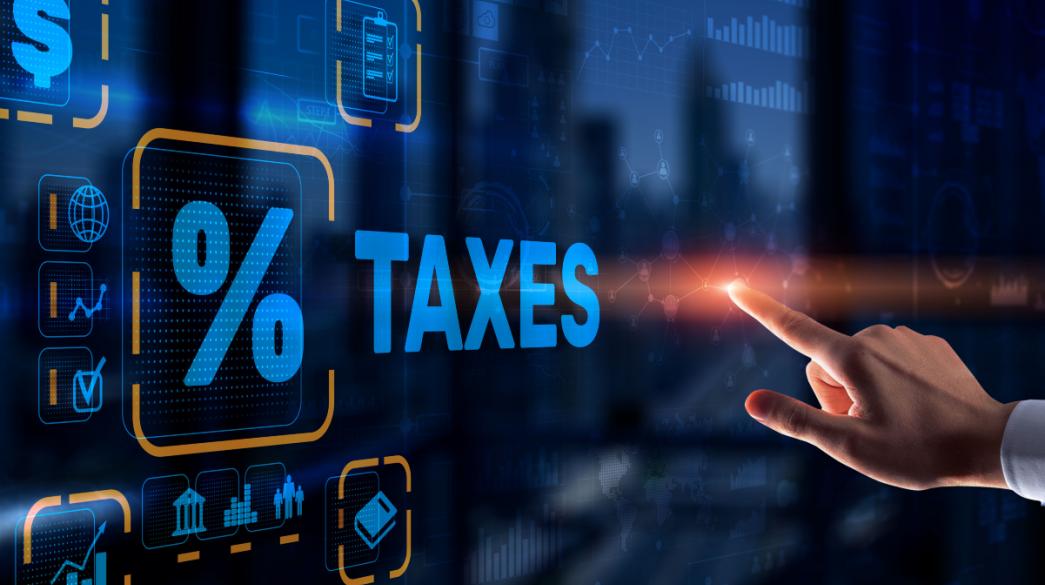The option to say "no" to taxation with presumptive income is now given by the Ministry of Finance to the self-employed, but, in reality, those who decide to fight the battle against presumptions will find themselves in front of a tax audit procedure with all the pitfalls it can hide, not only for tax evaders, but even for generally consistent taxpayers, who may have made small errors in their tax return.
In the tax bill submitted to Parliament, there is a significant difference from the original text submitted for consultation: typically, the objective system of taxation of professionals becomes optional. In other words, when it comes time for professionals to submit their 2023 income tax returns, they will be able to choose, with a "click" on the online form, whether they will be taxed using the presumptive method of determining their minimum income, or whether they prefer to be taxed on the basis of what they have declared to the tax office.
As the ministry announced, "an explicit provision is introduced in the draft law, to remove disputes, that the freelancer can challenge the amount resulting from the application of the presumption of minimum remuneration in addition to the reasons already in force that make the presumption combatable (illness, force majeure, etc.). The necessary condition is to request an audit by the tax authorities in order to prove the accuracy of the declaration of income below the presumed income".
The relevant proposed provision, as drafted in the text of the bill, states that: "If the taxpayer disputes the amount resulting from the application of this section for reasons beyond the fulfilment of the conditions of par. 3, he shall request an audit under Article 23 of the Code of Fiscal Procedure (Code of Tax Procedure, Law 4987/2022 A 206) to prove the accuracy of his declaration of income below the presumed income.
As accountants point out, those who choose this route should be aware that they are entering a high-risk procedure, which is provided for in Article 23 of the C.I.D., as the tax authorities will be able to use all the means with which the legislator arms them to "hunt" hidden income. Article 23 mentioned in the bill is on the subject of "Powers of the Tax Administration" and, among other things, provides that:
- The Tax Administration shall have the power to verify, check and cross-check the fulfilment of tax obligations by the taxpayer, the accuracy of tax returns submitted to it and confirm the calculation and payment of the tax due, by carrying out an audit of documents, accounting records (books and records) and disclosure data and similar information, by asking questions to the taxpayer and third persons, by investigating facilities and means of transport used for t
- The audit carried out by the Tax Administration pursuant to para. 1, may take the form of a tax audit from the offices of the Tax Administration or an on-the-spot tax audit.
Against this background, accountants consider that, faced with the uncertain outcome of a tax audit, the preferable option for most professionals will be to be taxed on the basis of imputed income, which, if anything, will provide certainty of the final tax outcome. Indeed, several people compare the new regime with that of the past, which allowed a taxpayer to permanently close unaudited years by paying a fee. As State Minister Makis Voridis said yesterday (on SKY), speaking more in his capacity as a freelance lawyer than as a minister, "I have experience of peroration, we all went to peroration and I estimate that the same will happen now."
The two... sweeteners in the bill
To limit the opposition, the Ministry of National Economy and Finance incorporated two sweeteners in the final text of the bill, the reduction of the business tax for all and the "trimming" of turnover-based income surcharges. However, the final fiscal result does not change much: while it was initially estimated that the combination of a reduction of the business tax and the presumptive taxation system would bring additional revenue of EUR 600 million, the General Accounting Office now estimates that it will bring EUR 552 million (EUR 716 million additional revenue from the objective criteria, loss of EUR 164 million from the reduction of the business tax).
In particular,
- For the business tax, a 50% reduction is foreseen for all professionals, whereas initially this relief was only foreseen for those who declared incomes higher than the presumed income and for the rest it was limited to 25%.
- As regards the increase in imputed income based on turnover, a substantial reduction is foreseen, which will favour those with a turnover above the average for professionals in their category (based on their Activity Code Number). The amount of the presumption of minimum remuneration for self-employed persons is increased according to the years of professional activity, the total payroll and the turnover of the business. For the amount of turnover, according to the final regulation, the surcharge amounts to 5% of the amount by which the turnover of the liable person exceeds the average annual turnover of the K.A.D. in which the liable person generates the highest income. For example, as the Ministry states, a freelancer with an annual turnover of 35,000 euros exceeds the average annual turnover of the KAU where he/she generates the highest revenue by 10,000 euros (annual turnover 35,000 euros - average annual turnover of the KAU 25,000 euros = 10,000 euros). Therefore, the 5% surcharge will be applied on the amount of 10,000 euros.
It is recalled that in the original version of the regulation the surcharges were... merciless, as a 35% surcharge was foreseen when the average turnover of the KAD was exceeded, 70% when the percentage of the excess was 150% and 100% when the excess was more than double the average turnover of the KAD. It is noted that the maximum limit in these exercises of surcharging the taxable income is 50,000 euros.
With no escape route...
One escape route from the presumptive income determination could be to cease self-employment and establish a company through which the professional continues to carry on essentially the same professional activity.
However, the bill closes this escape route in advance, such that even those who set up companies would pay at least as much as they would if they continued to be taxed as self-employed persons.
In particular, it provides for 'taxation on the minimum net income for individuals who have ceased their sole proprietorship and have set up a one-person company'. In such cases, a tax audit will be carried out (also on the basis of Article 23 mentioned above) and an income tax equivalent to the tax that would be imposed on the individual on the minimum net income from the business activity may be imposed, if the audit establishes that the same profession is carried on through a company and the income of the company is less than the presumed income that would be calculated if it were a sole proprietorship.









